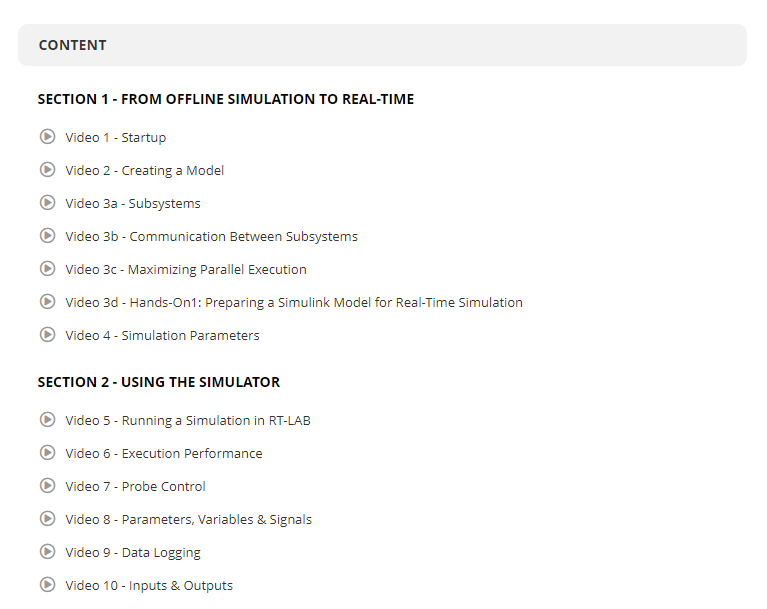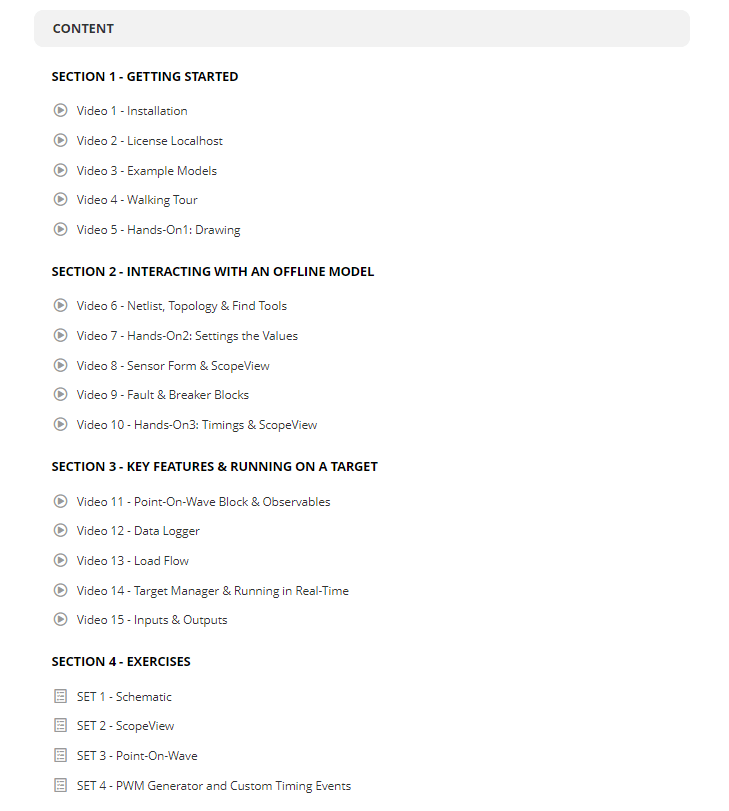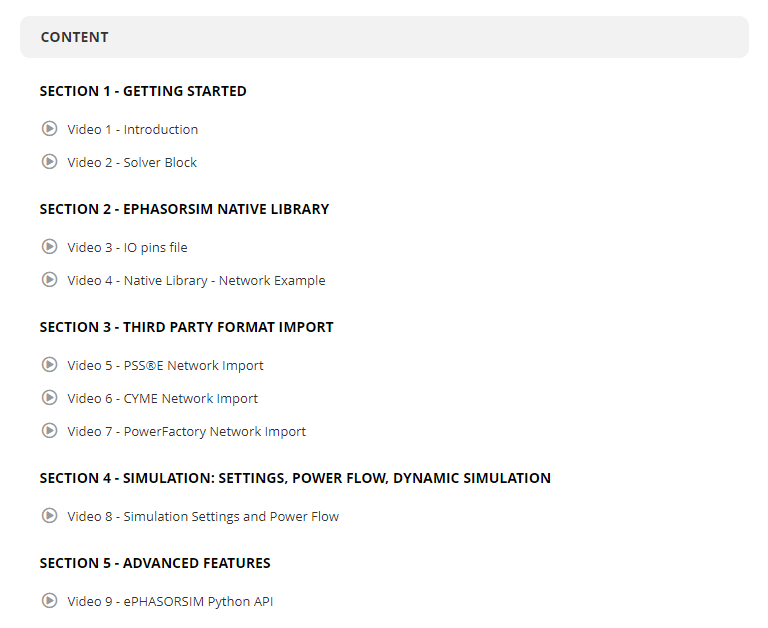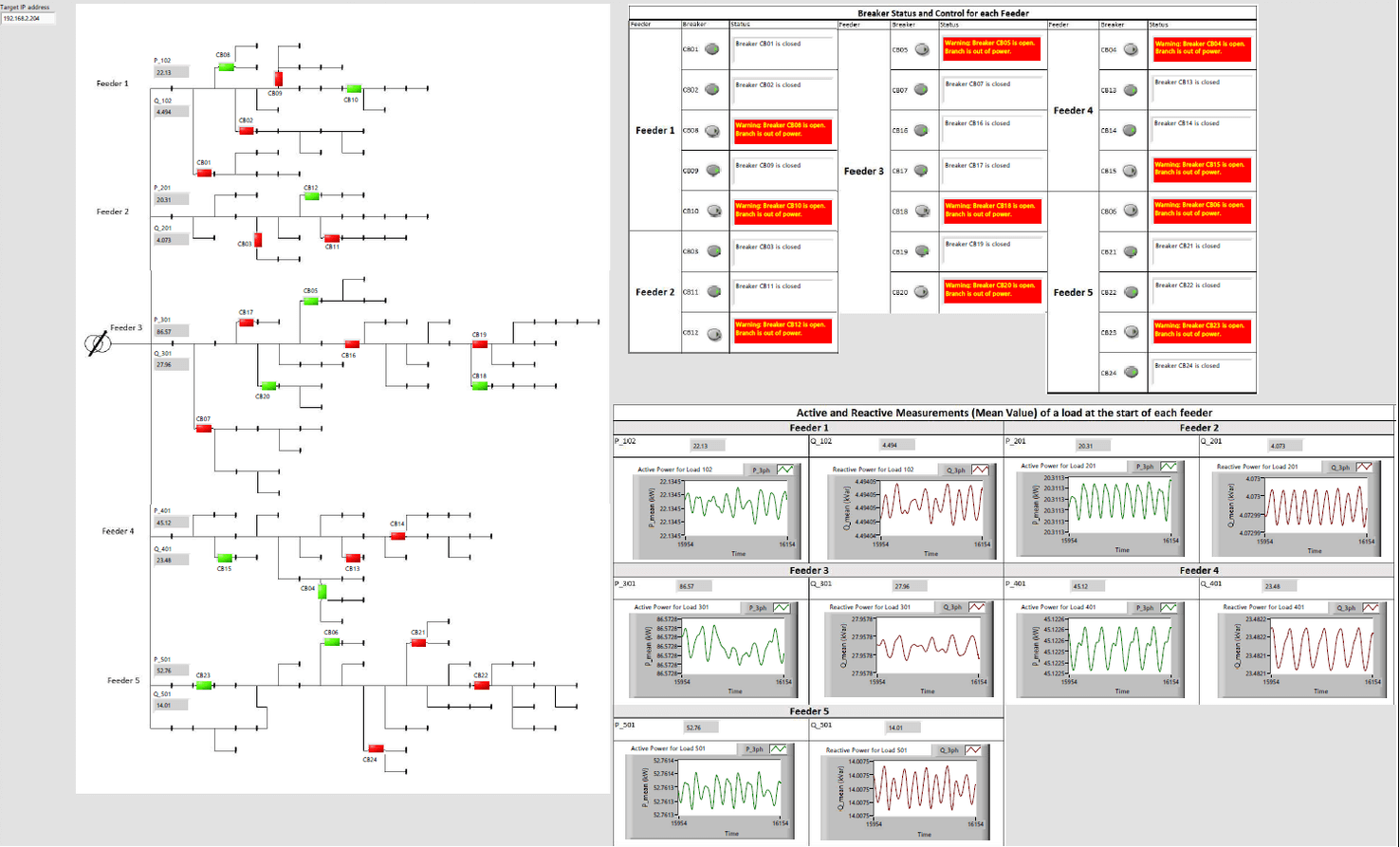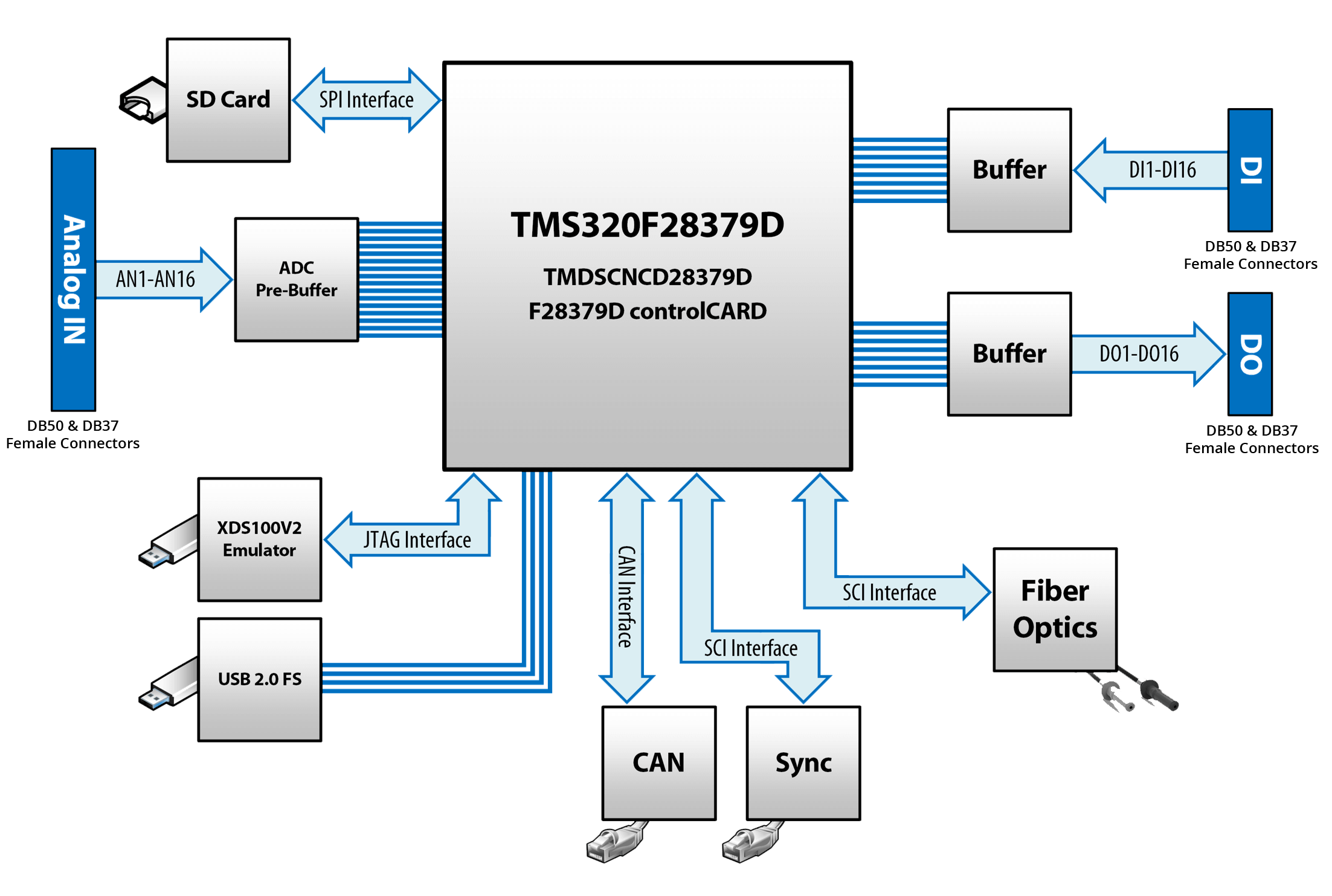News
March 10, 2017
A France-Canada Industrial Research Chair to Address Power System Disruptions
An industrial research chair has just been launched at the Polytechnique Montréal, Canada. It brings together students, researchers and professors, as well as internationally renowned industrial partners such as CRSNG / Hydro-Québec / RTE / EDF and OPAL-RT. The team will be studying the simulation of transient phenomena in power transmission networks.
An industrial research chair has just been launched at the Polytechnique Montréal, Canada. It brings together students, researchers and professors, as well as internationally renowned industrial partners such as CRSNG / Hydro-Québec / RTE / EDF and OPAL-RT. The team will be studying the simulation of transient phenomena in power transmission networks.
A France-Canada Alliance
To help study how to make power grids more efficient, the Polytechnique Montréal has partnered with the best specialists in the study of electrical networks:
- The Natural Sciences and Engineering Research Council of Canada (NSERC), a Canadian federal agency that supports research and training;
- Hydro-Québec, Quebec’s electricity provider relying on clean, renewable energy;
- Réseau de transport d’électricité (RTE), the company that manages France’s public high-voltage electricity transmission network;
- Electricité de France (EDF), the leading producer and supplier of electricity in France;
- OPAL-RT TECHNOLOGIES, a Quebec-based company and world leader in real-time simulation.
It is therefore a striking France-Canada alliance that will tackle the development of digital simulation methods to analyze the signals that disrupt the functioning of the infrastructures responsible for transporting electricity from generating stations to the end user.
Understanding the Origin of Disturbances to Optimize the Network
Natural phenomena (lightning, falling trees, etc.) or technical problems (short-circuiting, etc.) can cause transient disturbances of electric waves on the network. These disturbances can result in serious damage and general breakdowns. The Research Chair will be responsible for studying these phenomena, known as “transient” phenomena, and for optimizing the integration of renewable energy sources. To carry out its activities, it will receive $ 2.7 million in funding over the next five years.
From left to right : Bettina Hamelin, CRSNG; Jérôme Gosset, Hydro-Québec; Michèle Thibodeau-DeGuire, Polytechnique Montréal; Christophe Guy, Polytechnique Montréal; Jean Mahseredjian, Polytechnique Montréal; Stefan Sterpu, EDF; François Bertrand, Polytechnique Montréal; David Landier, RTE; Jean Bélanger, OPAL-RT TECHNOLOGIES (Polymtl.ca; Photo credits: Denis Bernier)
Jean Mahseredjian and students in the laboratory of the Industrial Research Chair working with OPAL-RT real-time simulation tools. (Polymtl.ca; Photo credits: Denis Bernier)
Leading Edge Research
The Research Chair is headed by Jean Mahseredjian, professor at the Department of Electrical Engineering at Polytechnique Montréal. Pioneers, Jean Mahseredjian and Jean Bélanger, CEO & President of OPAL-RT, began designing and developing the first digital simulation tools at the Hydro-Québec Research Institute (IREQ) in the 1990s.
“This Industrial Chair is an essential tool for the technological development and workforce specializing in simulation and network studies necessary for the development of industrial products, in the optimization of networks and integration of renewable energy systems“, says Jean Bélanger, president of OPAL-RT TECHNOLOGIES.
Watch the video created by Polytechnique Montréal to discover how OPAL-RT’s solutions for real-time simulation help Professor Jean Mahseredjian and his team make large electrical networks more efficient.
For more information, see the press release published by Polytechnique Montréal.




